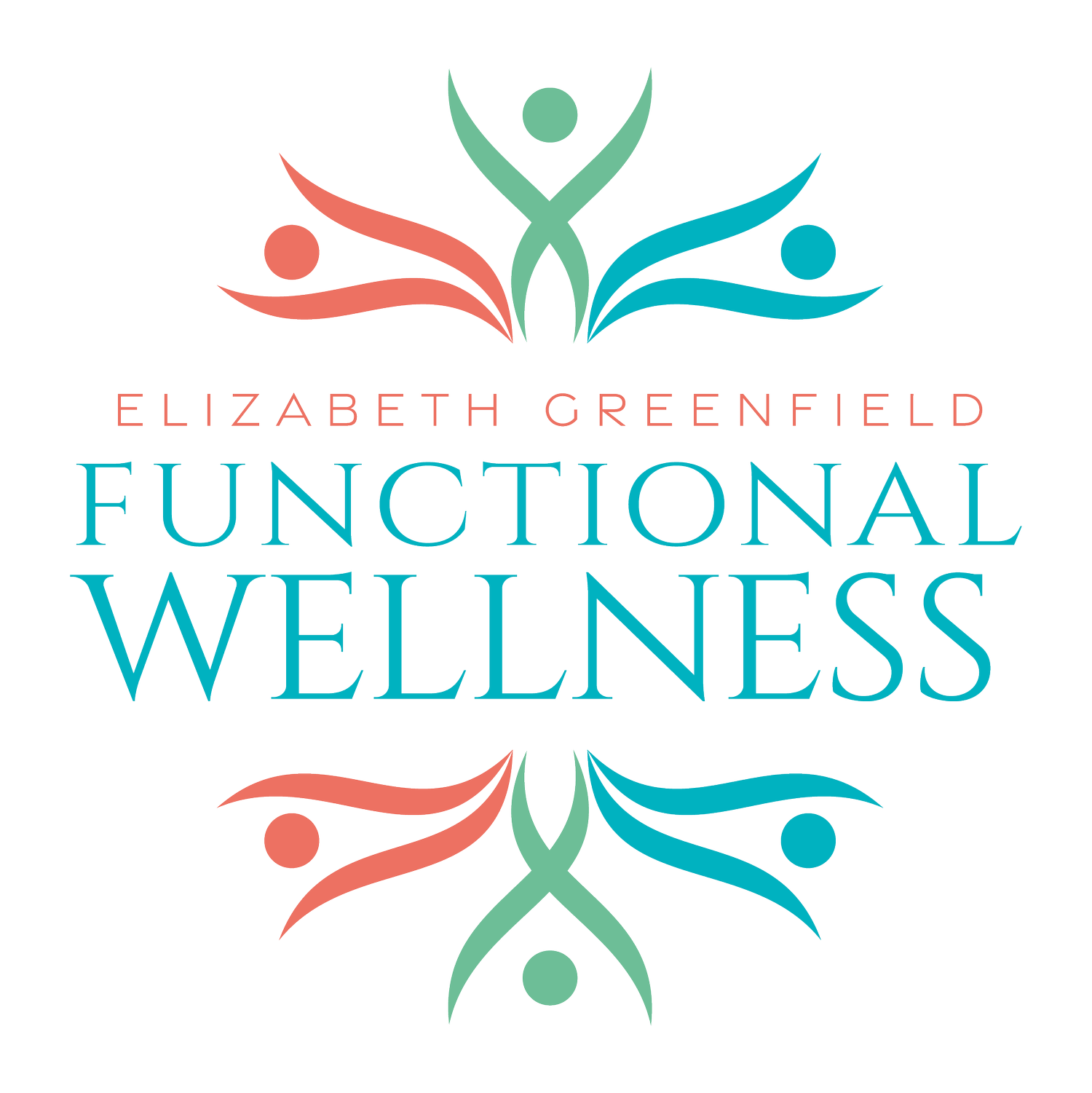Unlocking Nightly Peace: How Progesterone Loss Influences Sleep During Perimenopause
Perimenopause brings with it numerous challenges, one of the most significant being disruptions to sleep, often manifesting as anxiety and insomnia. This period in a woman's life involves hormonal shifts, notably a decline in progesterone, a hormone intricately linked to sleep quality. Progesterone’s calming effect is partly due to its interaction with GABA receptors in the brain, which are crucial for promoting relaxation and sleep. As progesterone levels drop, this natural calming effect diminishes, leading to increased anxiety and sleep disturbances.
Understanding the specifics of these hormonal changes can be pivotal, and that’s where advanced diagnostic tools like the DUTCH test come into play. The DUTCH test, a comprehensive hormone panel, provides detailed insights into not only progesterone levels but also other hormones that play roles in health and sleep. This thorough profile helps pinpoint if indeed a progesterone deficiency is contributing to sleep issues during perimenopause.
Addressing sleep challenges during perimenopause is not just about identifying the problem but also about creating a targeted approach to restore balance and enhance sleep quality. By understanding the hormonal underpinnings of insomnia, interventions can be more accurately directed, whether through hormone replacement therapies, lifestyle changes, or natural supplements.
If you're navigating sleep issues during perimenopause and suspect hormonal imbalances might be at play, consider booking a discovery call. Advanced lab testing could offer the insights necessary to address the root cause of your insomnia and help you find the relief you need.
Navigating perimenopause with the right information and support can transform this challenging time into a smoother, more manageable experience, especially when it comes to vital aspects of health such as sleep.
